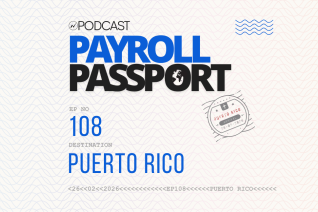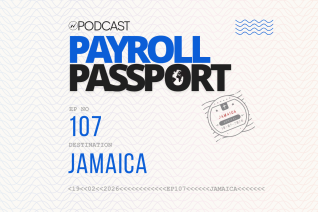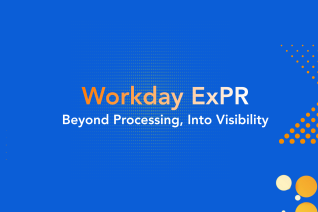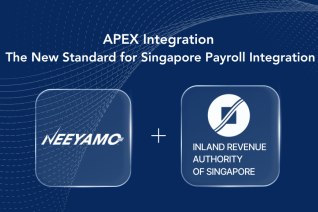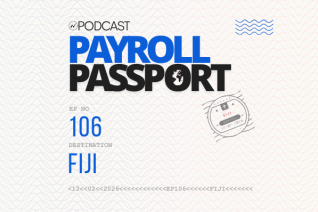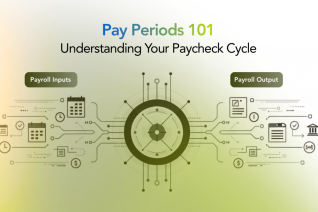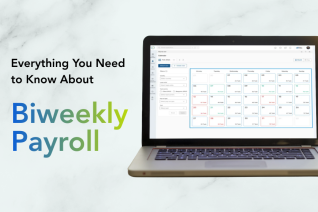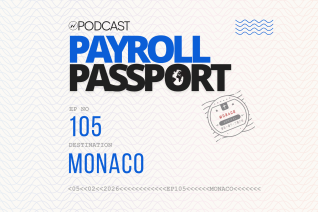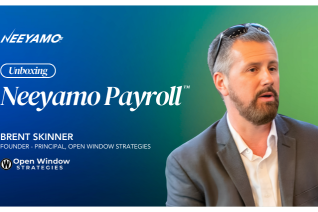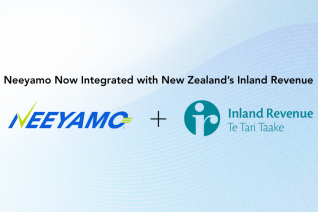Country Spotlight: Employer of Record in Netherlands

The Netherlands is famous for its picturesque windmills, vibrant tulip fields, and intricate canal systems, creating a landscape that blends charm with modern sophistication. But behind this scenic backdrop lies a powerhouse economy fueled by innovation, logistics, and a highly educated workforce.
For global companies eager to enter the Dutch market, understanding the country’s detailed labor laws and payroll regulations can be challenging. An Employer of Record (EOR) simplifies this process, helping organizations hire seamlessly and stay compliant from day one.
Why the Netherlands?
With Amsterdam, Rotterdam, and The Hague forming its economic backbone, the Netherlands is a gateway to both the EU and global markets. The country operates on the Euro (EUR) and follows a fiscal year from January 1 to December 31. Dutch is the official language, though English is widely spoken across the corporate and tech sectors.
As organizations expand internationally, the Netherlands emerges as a top destination, especially in technology, finance, life sciences, and logistics. Yet, to operate smoothly, understanding payroll processes, labor laws, and HR compliance is essential.
Neeyamo enables organizations to establish a fully compliant presence in the Netherlands through comprehensive EOR and payroll solutions - handling onboarding, statutory contributions, payroll, benefits, and end-to-end compliance.
Payroll and Compliance
- 35.82% on income up to €38,441,
- 37.48% on income from €38,441 to €76,817, and
- 49.50% above €76,817.
Employers must also withhold social security contributions totaling approximately 27.65% of employees' gross wages, covering pensions, health insurance, and unemployment benefits. Payslips must clearly show gross wages, deductions, and net pay.
Records must be retained for seven years for audits. Labor laws and collective agreements regulate contracts and employment terms, with new 2026 rules requiring proof of salary payments by bank transfer to enhance compliance. Failure to comply can lead to significant fines and penalties, making thorough payroll management essential for businesses operating in the Netherlands.
Payroll Cycle
In the Netherlands, the payroll cycle is typically monthly, with employees paid at the end of each month for work done during that period. Employers calculate gross salary, deduct taxes and social security contributions, and must provide detailed payslips showing gross pay, deductions, and net salary. Payments are made by bank transfer in euros. Employers are also required to file monthly payroll tax returns and maintain payroll records for at least seven years. Additionally, many employers provide a 13th-month salary or a holiday allowance, usually paid once a year under the employment contract or a collective labor agreement.
ALSO READ | Netherlands: A Guideline to Payroll and Employer of Record
Hiring and Onboarding Employees
Hiring and onboarding in the Netherlands require a compliant process that starts with a detailed job offer covering salary, hours, benefits, and probation (up to 2 months). Employers must prepare employment contracts in writing within one month, register new hires with the Dutch Tax Authority for payroll taxes, and handle work permits for non-EU employees. Onboarding involves company orientation, policy reviews, payroll enrollment, and often a buddy system with check-ins over the first 90 days to ensure integration and compliance.
Minimum Wage (Effective April 1, 2025)
The statutory minimum hourly wage in 2025 is €14.06 for workers aged 21+ from January 1, increasing to €14.40 on July 1; younger workers (15-20) receive age-tiered percentages (e.g., €11.52 for 20-year-olds). These gross rates apply before taxes, with full-time (36-40 hours/week) equating to about €2,506 monthly at the July rate, adjusted biannually for inflation.
Overtime
Dutch law mandates overtime pay at 125-150% of the regular rate or compensatory time off, as specified in contracts or collective agreements (CAOs); no overtime for salaried employees exceeding 3x the minimum wage. Standard workweek is 36-40 hours, with a maximum 12 hours/day and 60/week averaged over 16 weeks; overtime must be approved and recorded accurately.
TUNE IN NOW | Payroll Passport Ep 17. Netherlands
Employee Benefits and Leave Entitlements
Public Holidays
Key public holidays in 2025 include New Year’s Day, Good Friday, Easter Monday, King’s Birthday Day, Liberation Day, Ascension Day, Whit Monday, and Christmas day.
Sick Leave
The minimum sick leave pay is 70% of the employee’s current wage up to a maximum period of two years. This is a generous benefit and does reflect the Netherlands’ social policy. Some employers will even pay 100% of the wages.
Maternity Leave
Maternity leave lasts 16 weeks, starting 4-6 weeks before the due date, paid at full salary, funded by social security.
Paternity Leave
Fathers or partners receive one week of paid paternity leave plus an option to take five additional weeks of partial paid parental leave. These provisions ensure holistic support for employees’ welfare while maintaining compliance with Dutch labor standards.
Termination and Severance
- Less than 5 years – 1 month notice
- Between 5 and 10 years – 2 months’ notice
- Between 10 and 15 years – 3 months’ notice
- More than 15 years – 4 months’ notice
Employees are entitled to a transition payment (severance) of 1/3 of their monthly salary per year of service, capped at €98,000 or one annual salary, payable upon dismissal without urgent cause.
Why Choose Neeyamo for Your EOR Needs?
Neeyamo helps you hire talent in 150+ countries, including the Netherlands. We simplify global hiring so you can focus on growing your business.
Worried about compliance? We’ve got you covered.
Worried about costs? No need for a local entity, we handle it.
Worried about errors? We reduce risks and avoid fines.
Too many HR tasks? From day one to the last day, we manage it all.
Need support? 24/7 service in 50+ languages.
Neeyamo? Your key to effortless global expansion.
Latest Resources
Stay informed with latest updates
If you're curious and have a thirst for knowledge pertaining to the HR, payroll, and EOR universe, don't miss out on subscribing to our resources.






